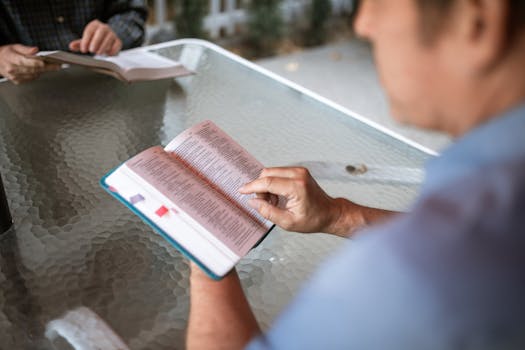The Salvation Army is calling on communities to be vigilant for signs of elder abuse.
They have noticed a rise in cases where elderly individuals suffer from financial, emotional, physical, and spiritual harm.
Recent research by Hourglass reveals that one in six older people in the UK are victims of abuse, accounting for 16% of the elderly population.
Andy Wileman, the Assistant Director of Older People’s Service at the Salvation Army, emphasizes the growing severity of this issue.
“Elder abuse is a growing issue, and it’s everybody’s business,” he said, highlighting the need for collective action.
Wileman explains that elder abuse can take many forms.
Emotional abuse might involve belittling, name-calling, or treating an older person disrespectfully.
Physical abuse includes hitting or exposing the elderly to dangerous situations.
Financial abuse is increasingly common, with family members or close friends taking money they’re not entitled to and misusing the funds and assets of older people.
Spiritual abuse crushes an older person’s spirit, dismissing their spiritual life as worthless.
Wileman points out a chilling reality: most elder abuse is perpetrated by someone the elderly person knows, often a family member or close friend.
This familiarity often keeps the abuse hidden, unaddressed by the wider community.
The United Nations projects that by 2030, the global population of people aged 60 and over will grow from 1 billion to 1.4 billion.
This increase will be most rapid in developing countries, highlighting the need for greater attention to the challenges faced by older persons, including human rights concerns.
Wileman urges church communities to be “eyes and ears” to the changes in elderly individuals’ behavior.
He advises being sensitive to signs such as a once-positive person becoming disinterested or distressed, which can signal underlying abuse.
The Salvation Army is holding an online awareness session on Monday, June 17th, at 7 p.m. to discuss this critical issue.
Churches are encouraged to participate, enhancing their ability to detect and address elder abuse within their communities.

















Leave a Comment